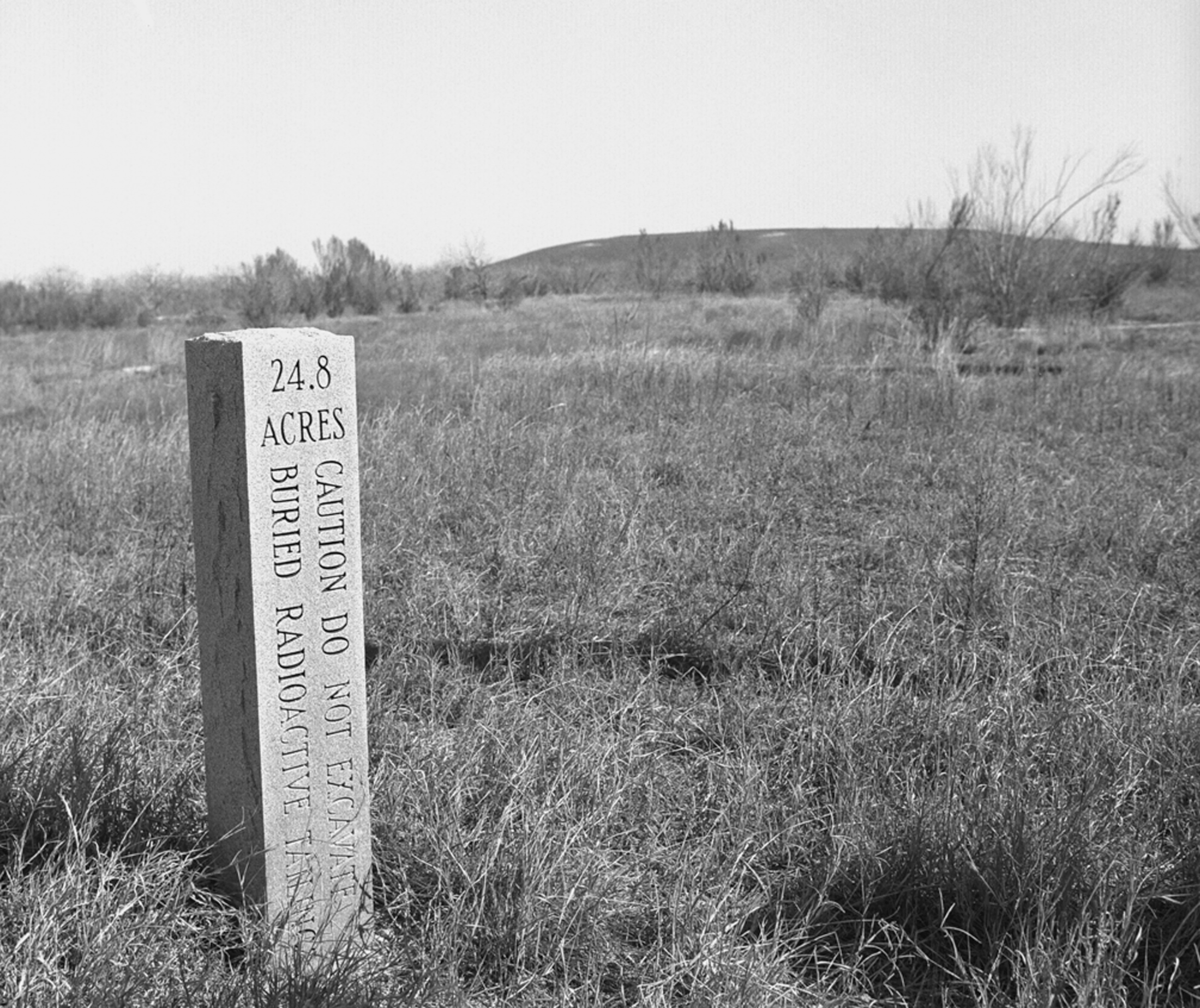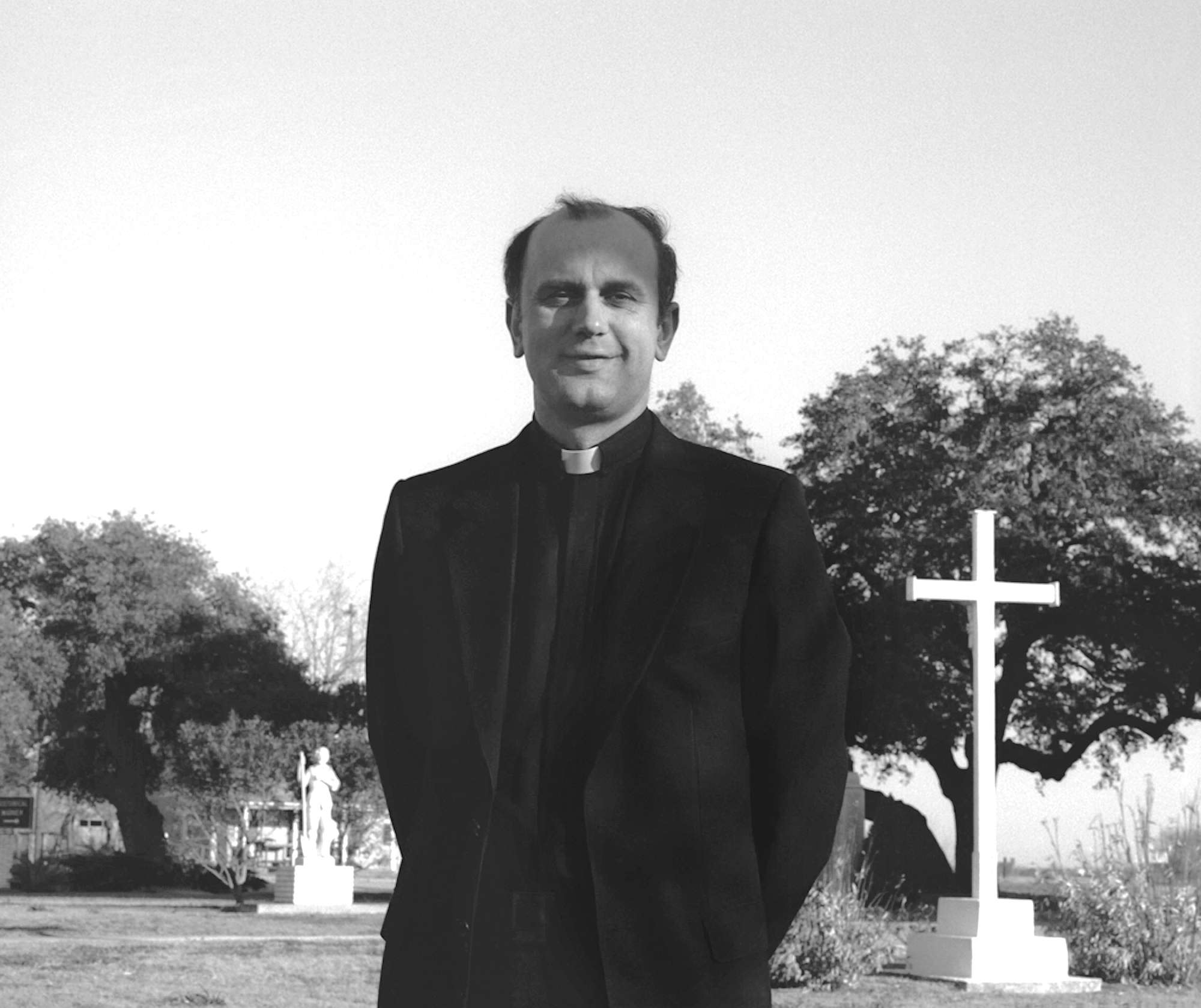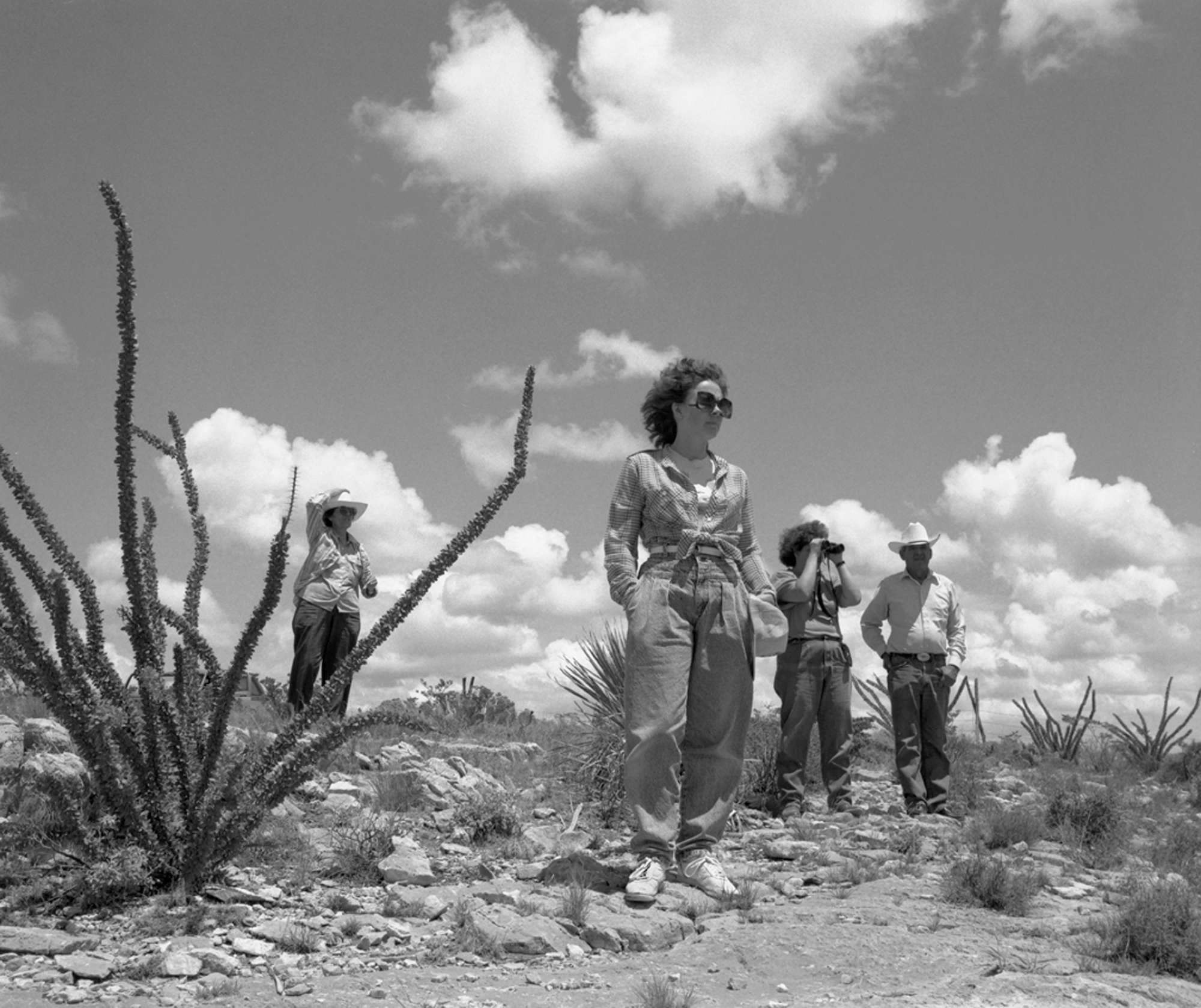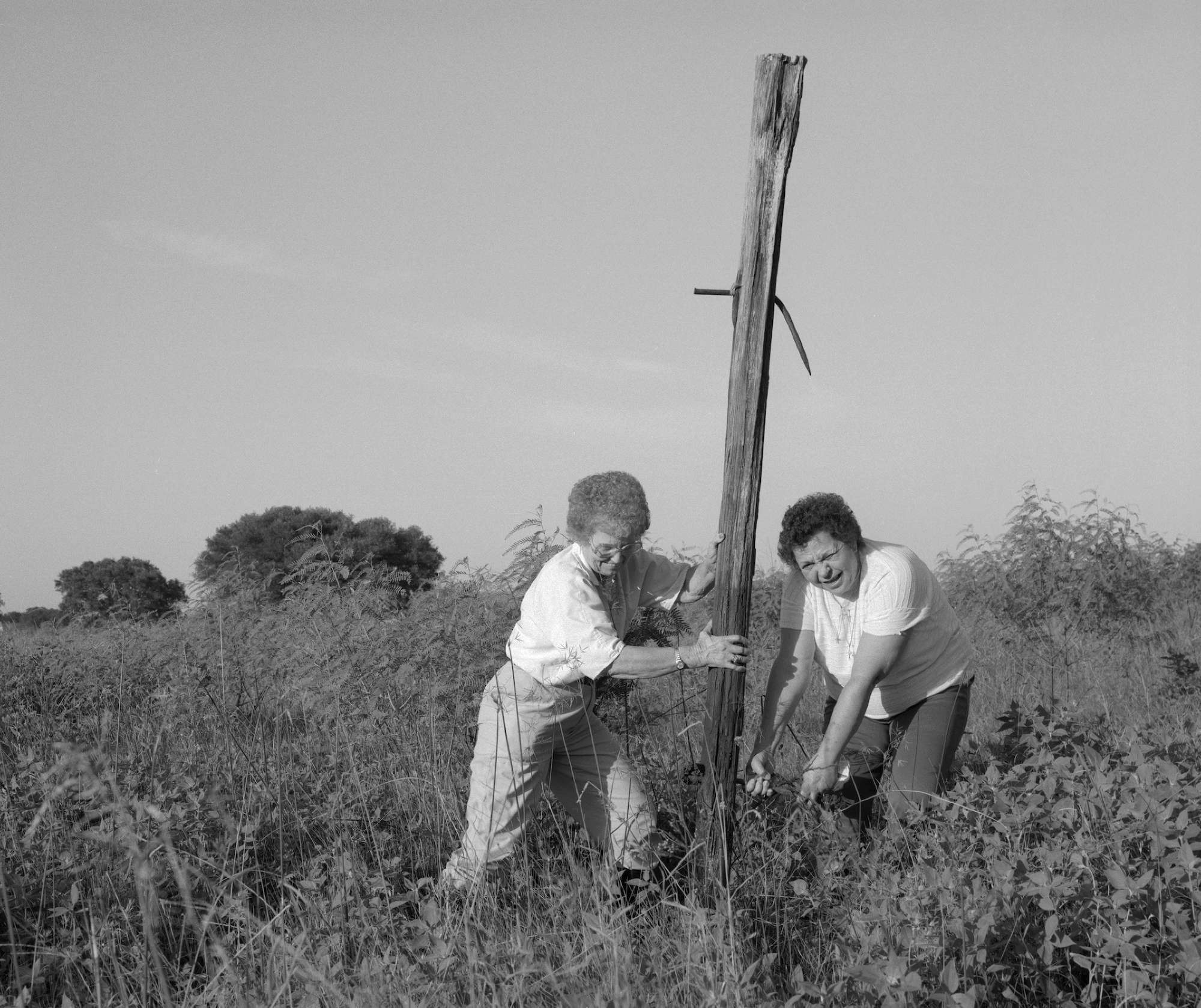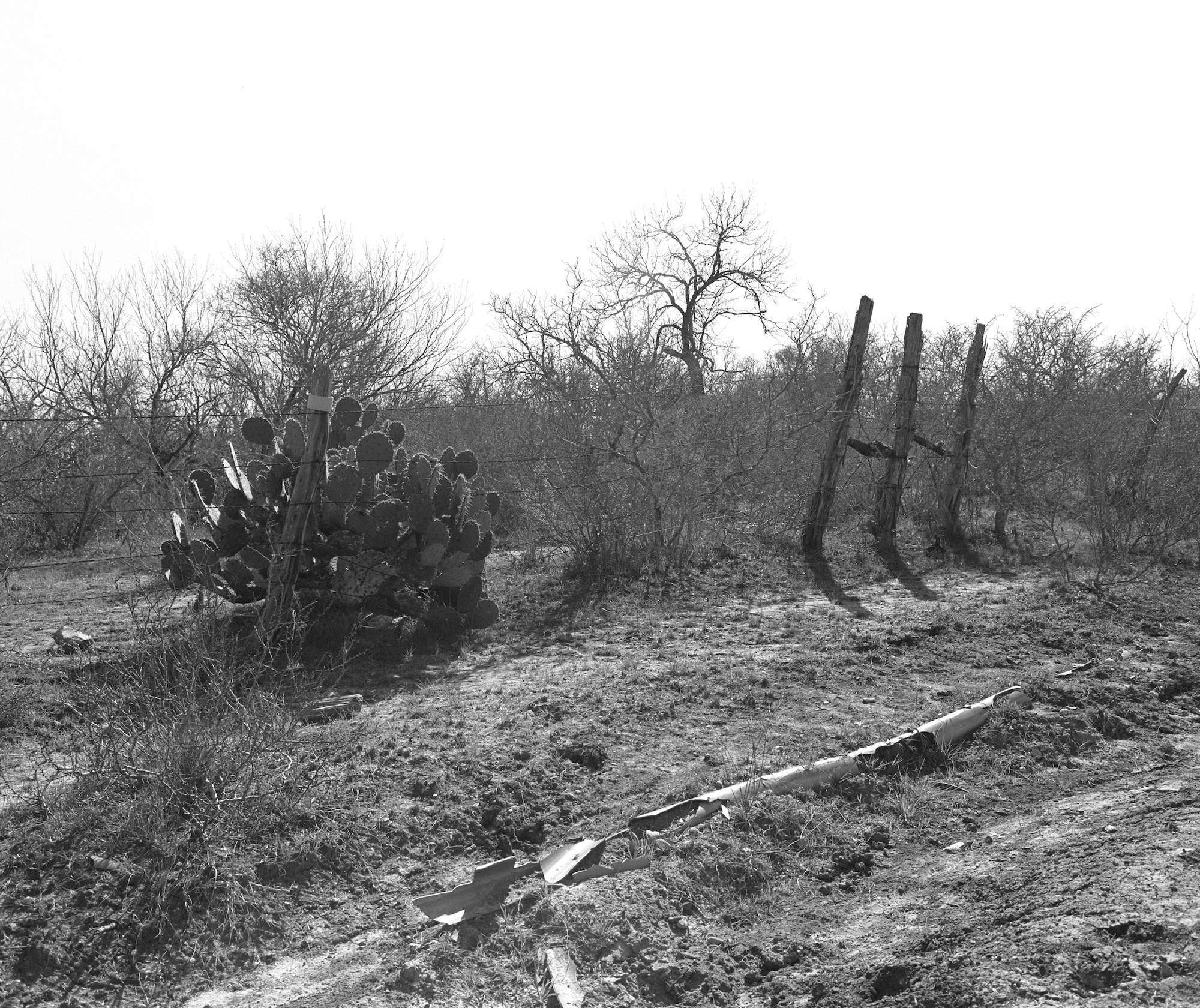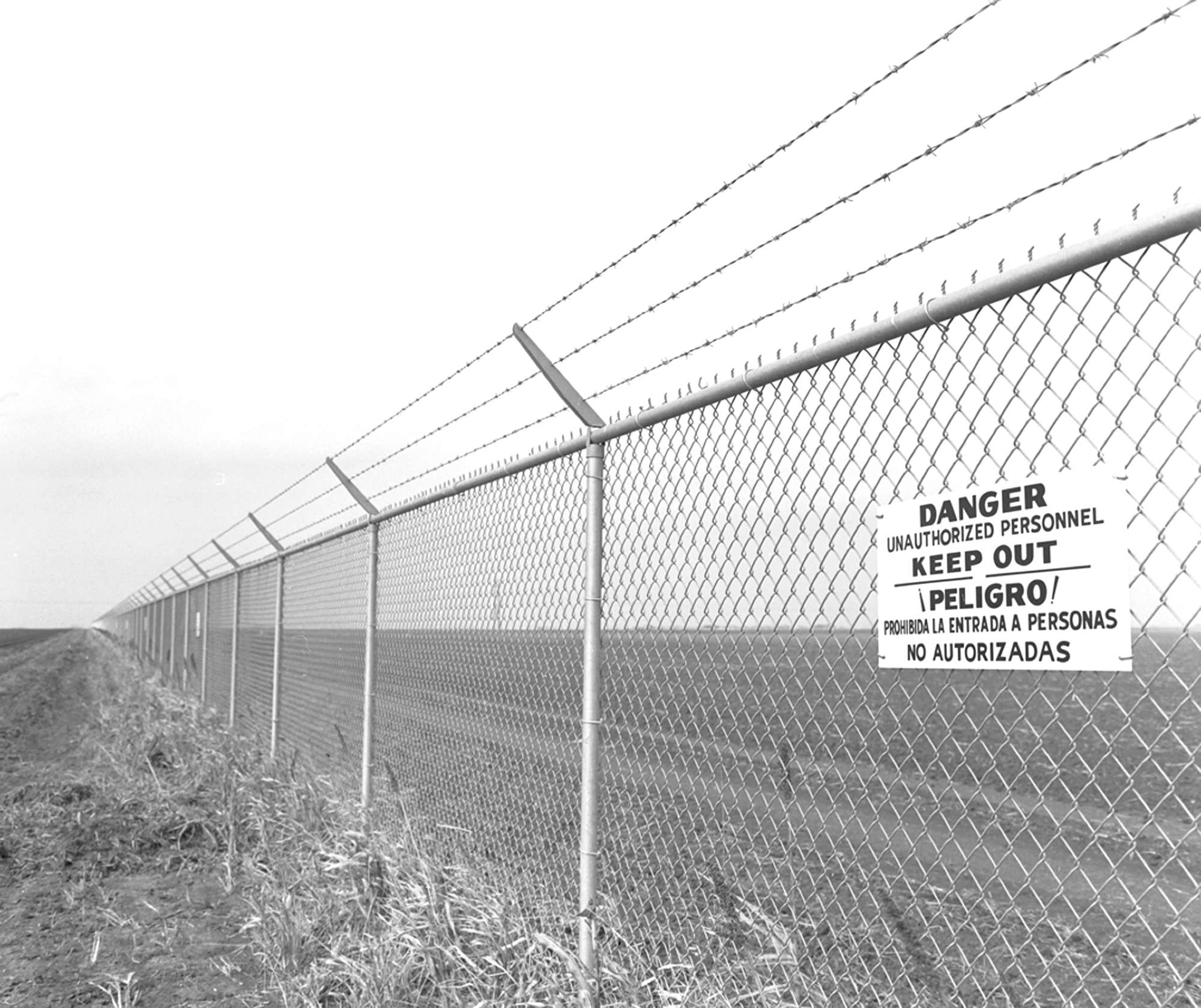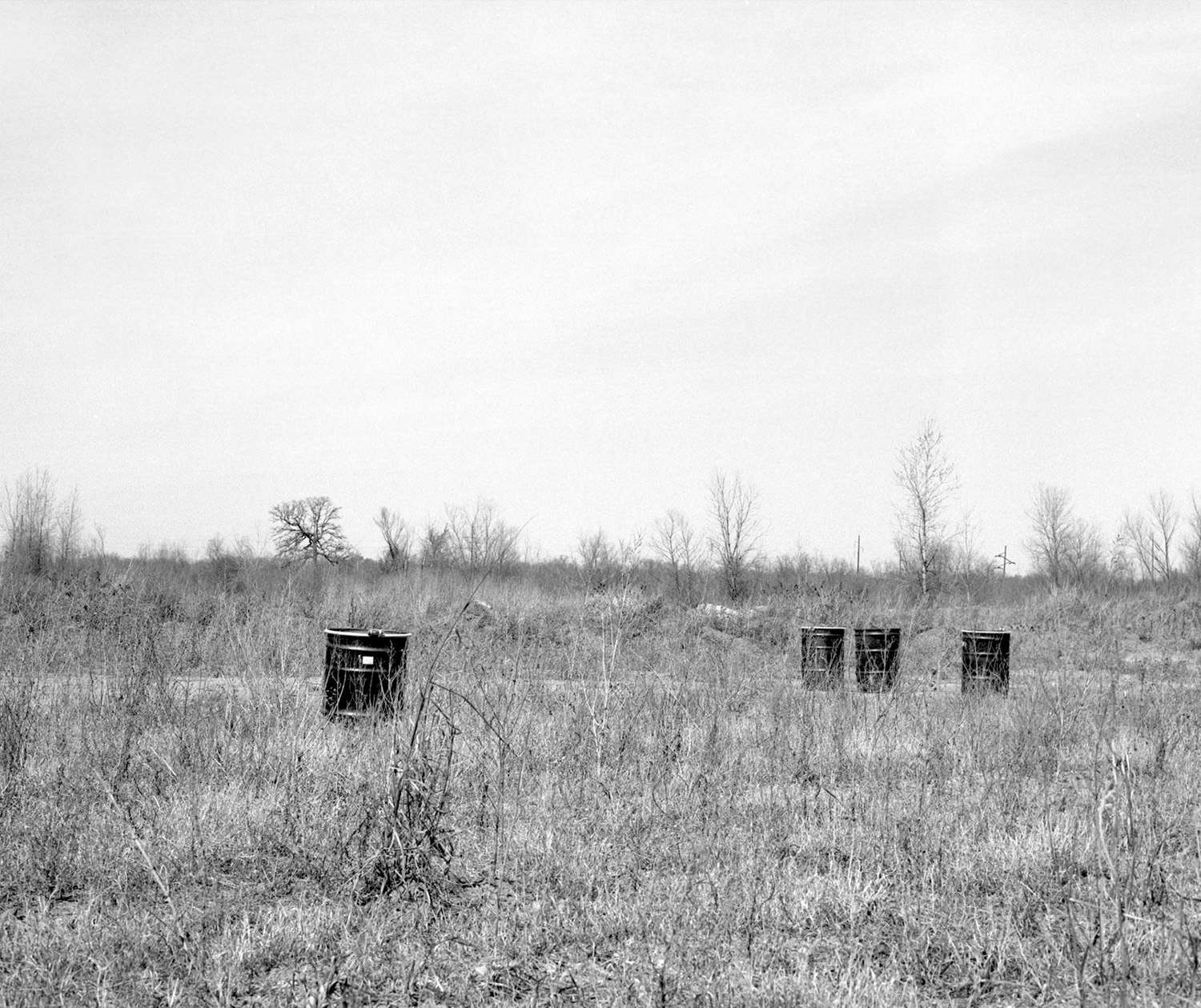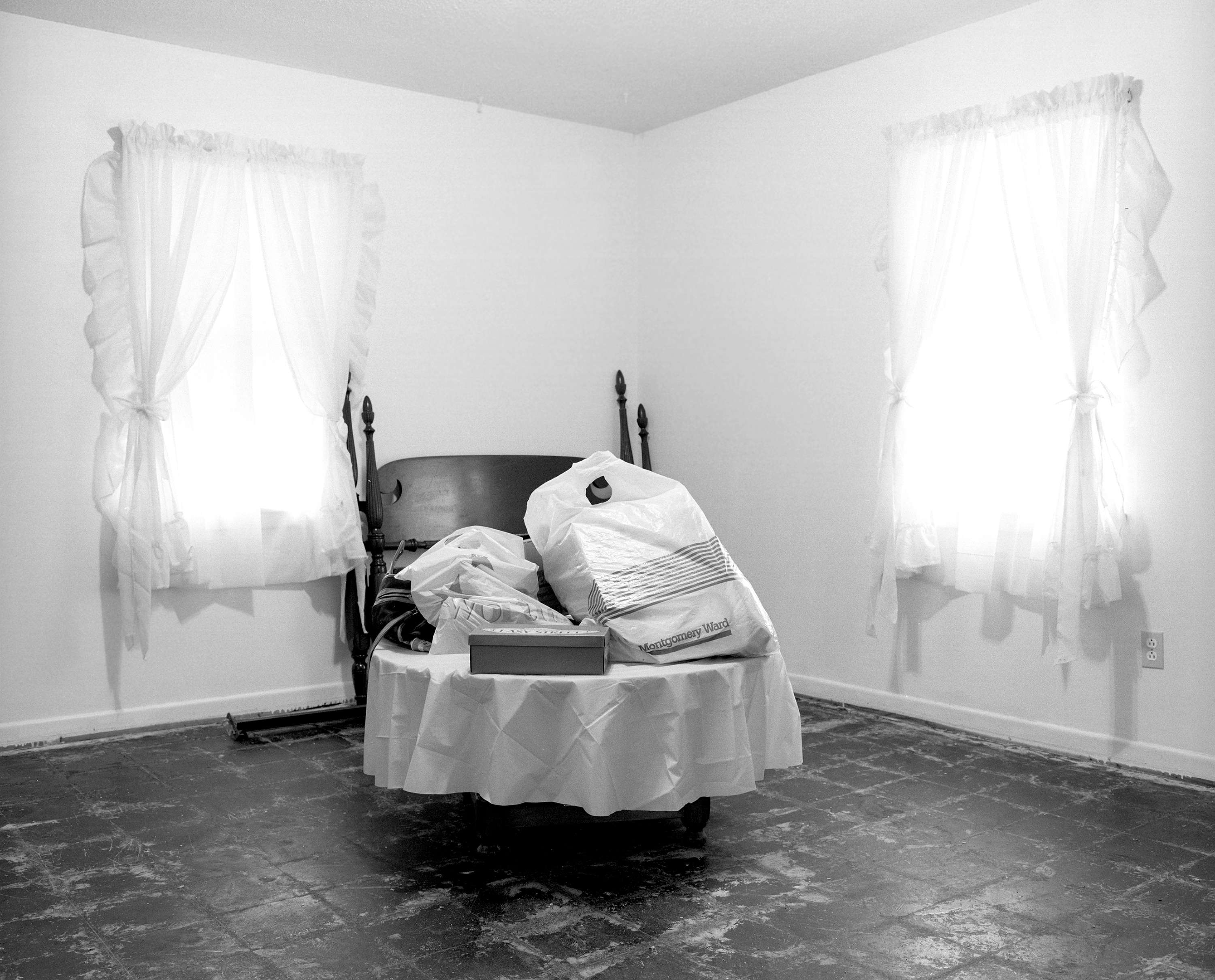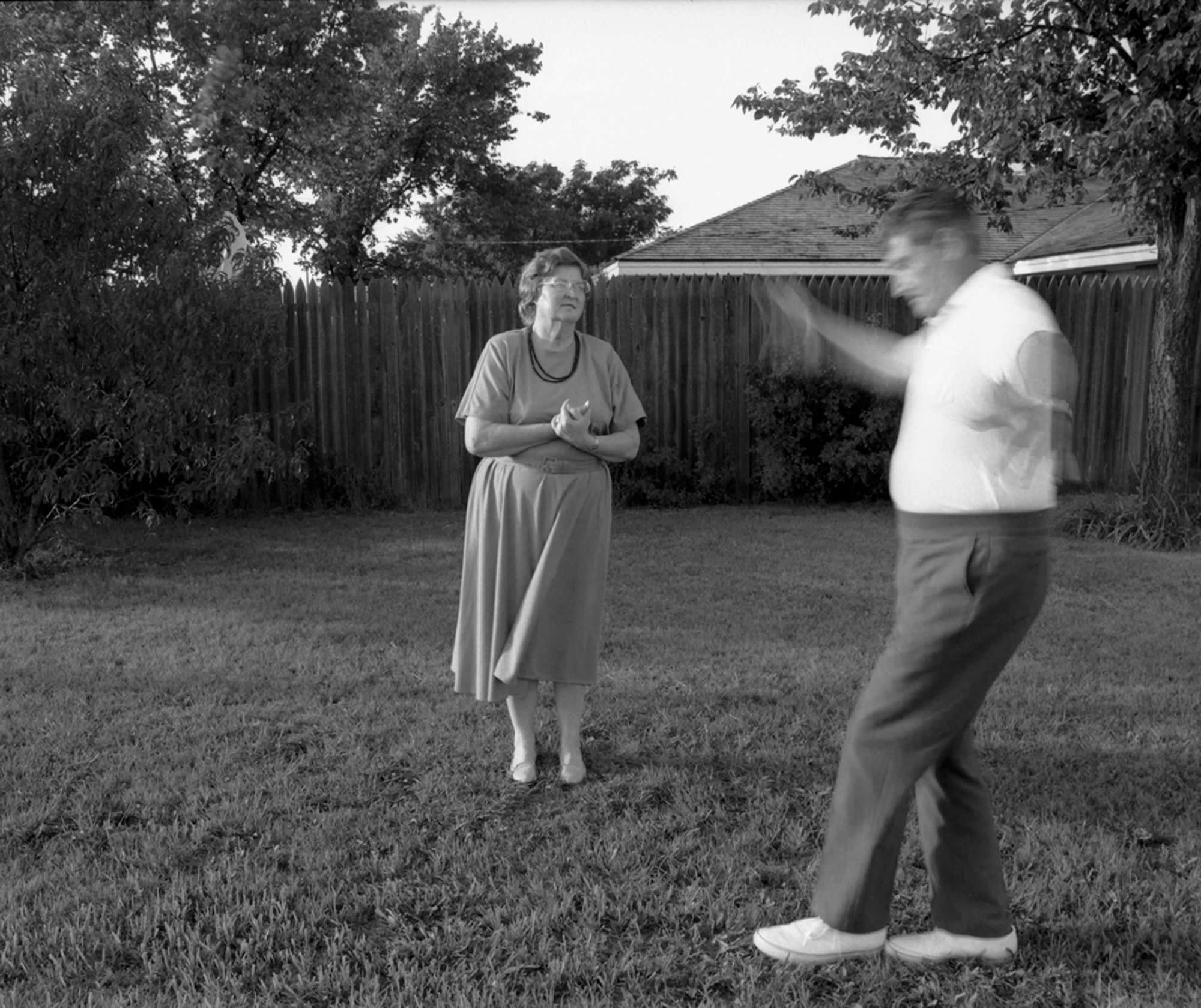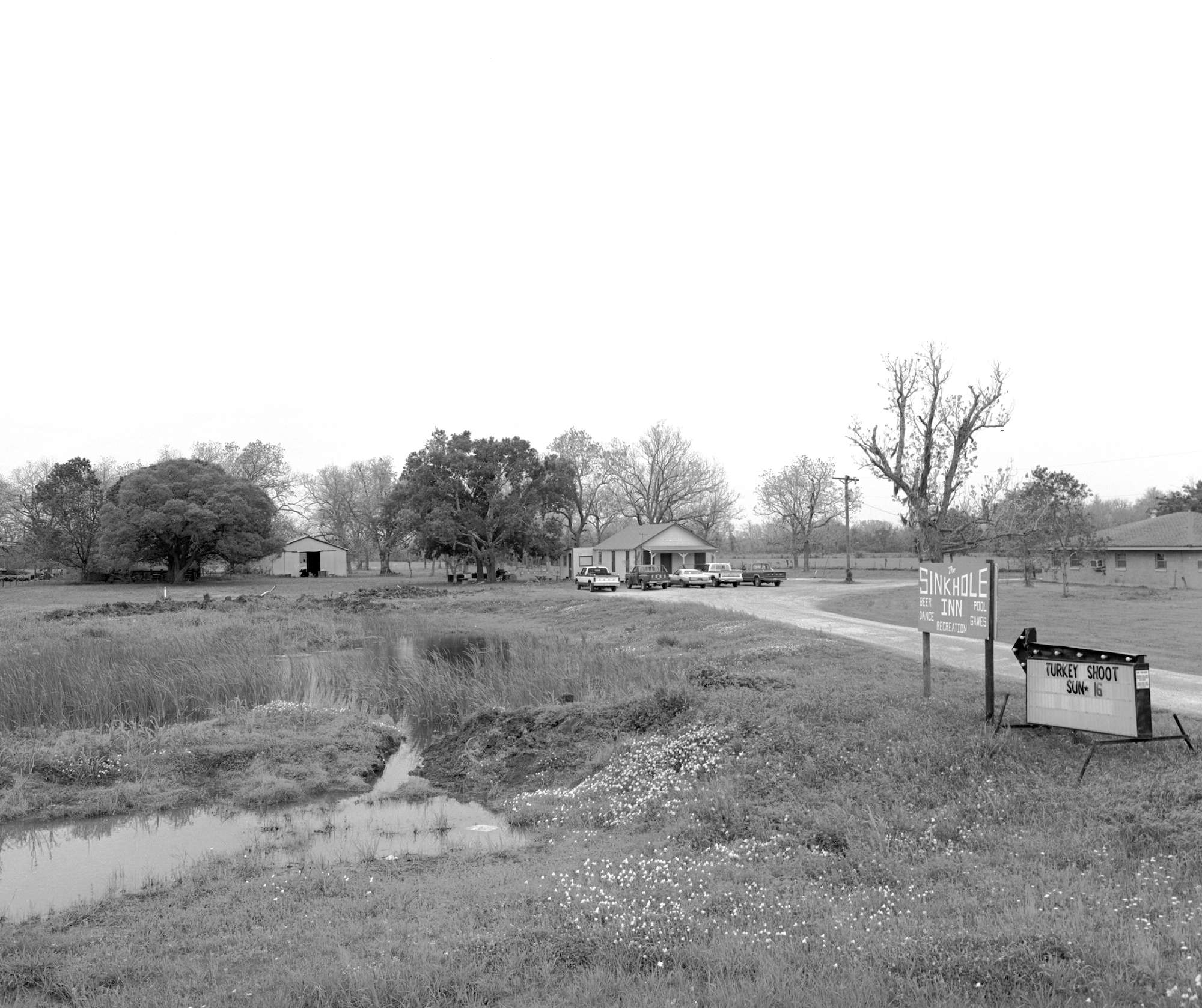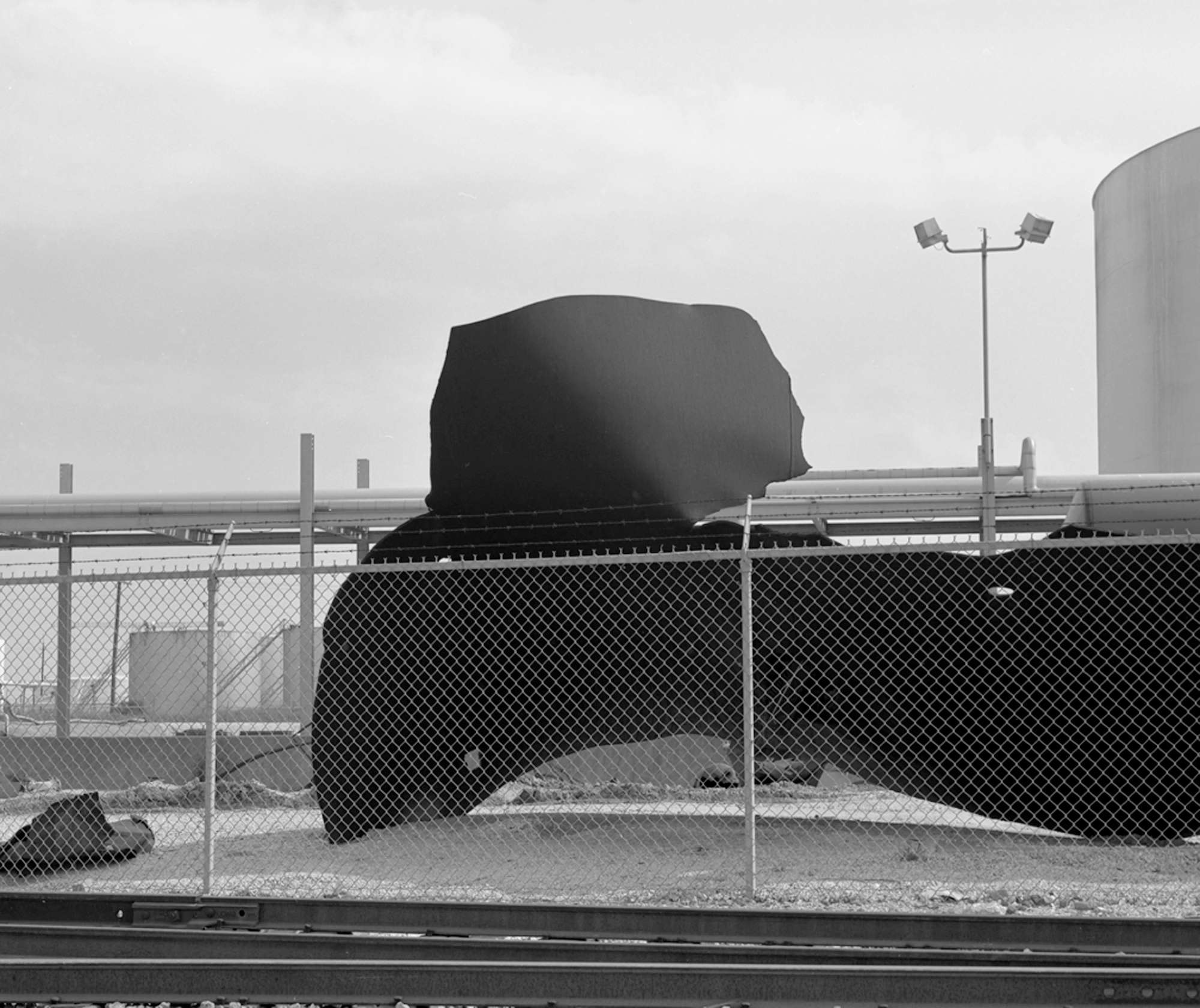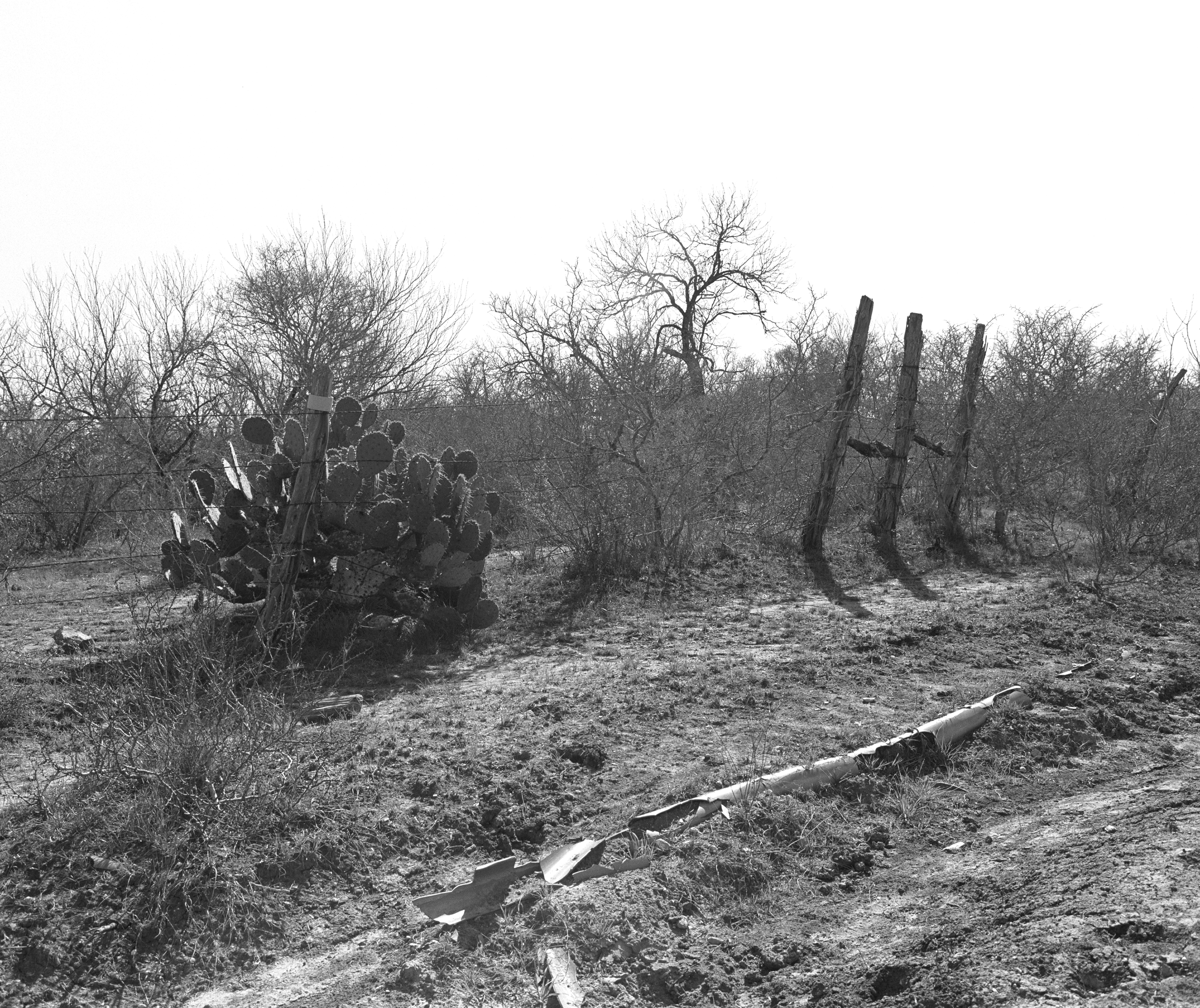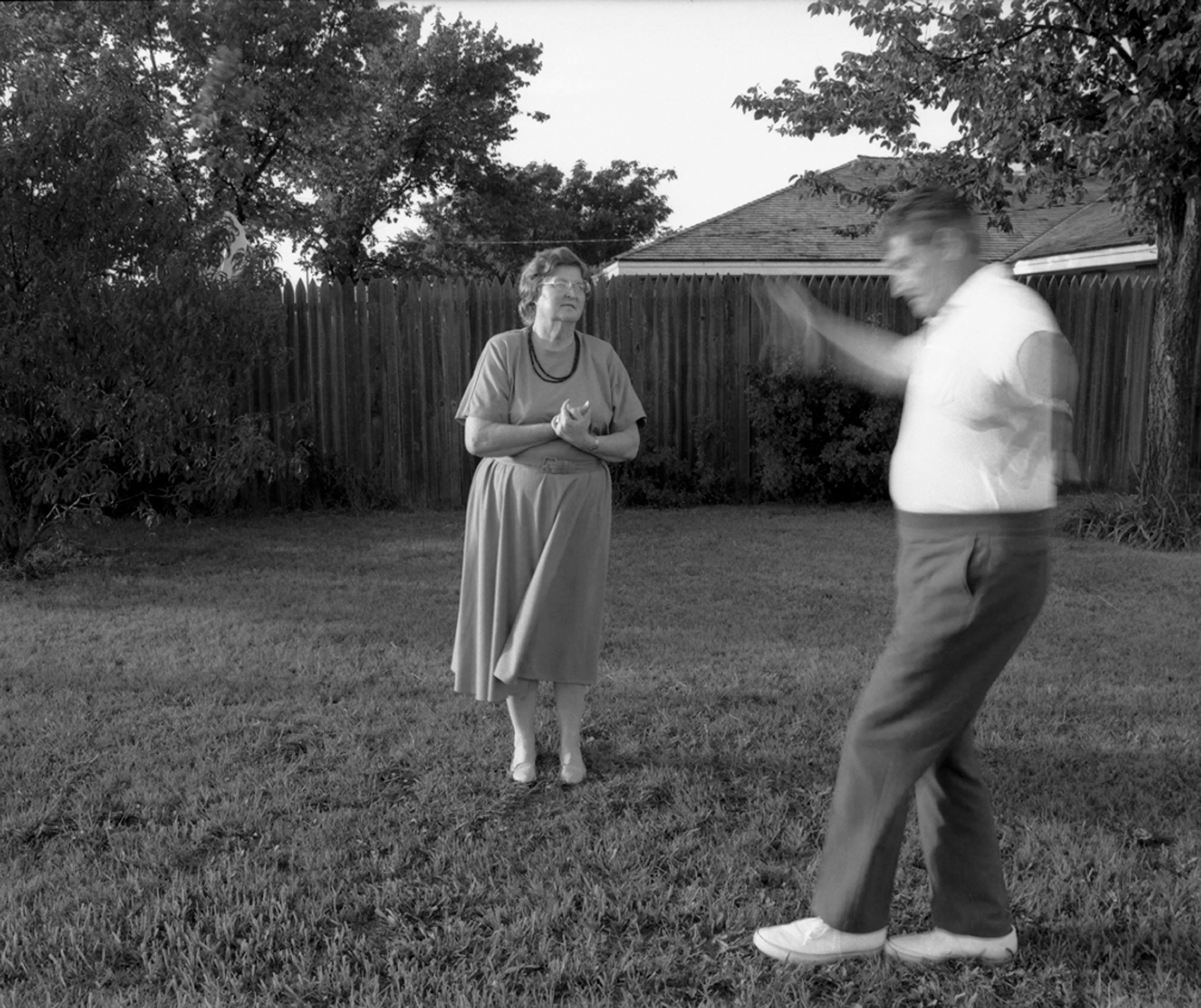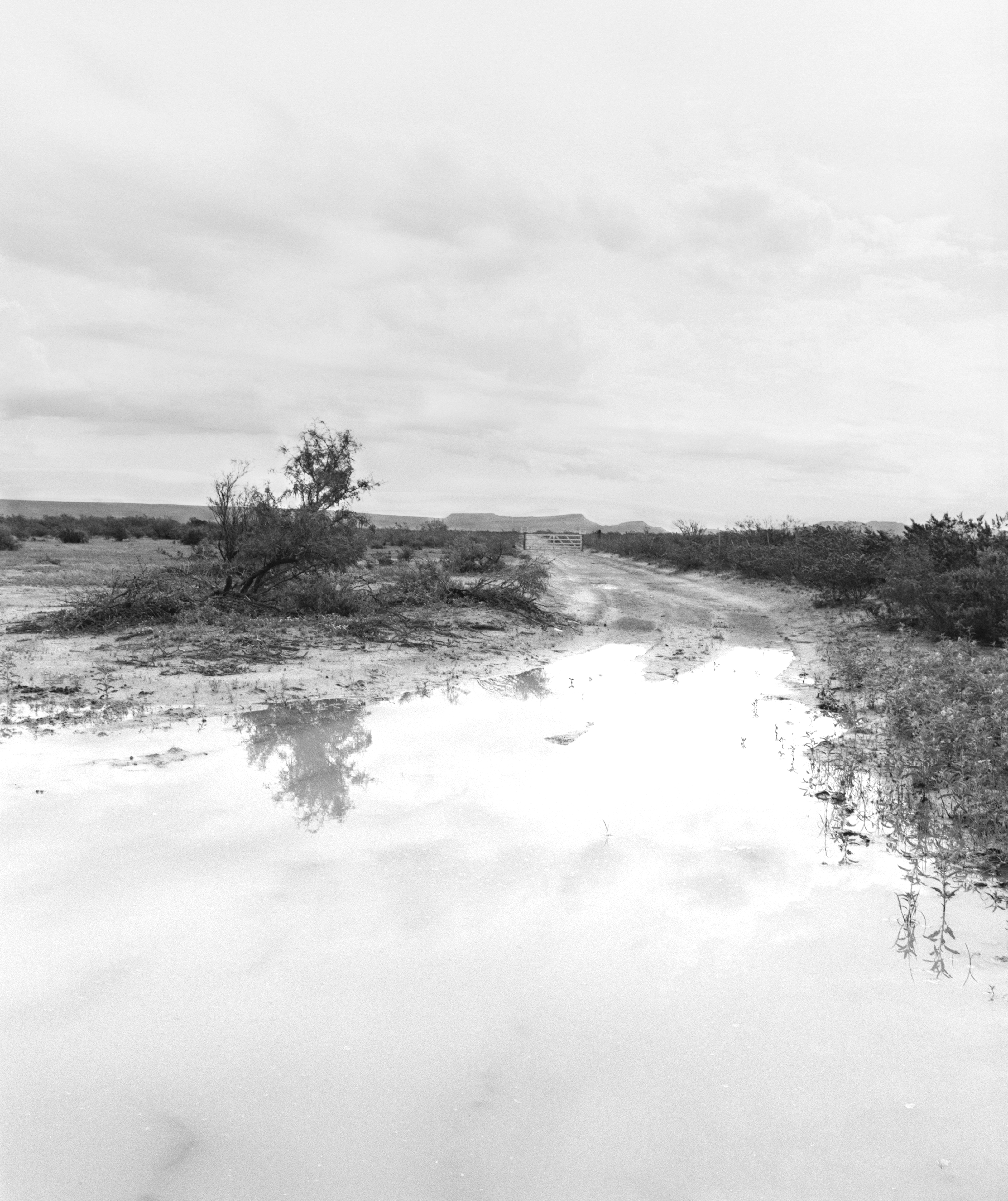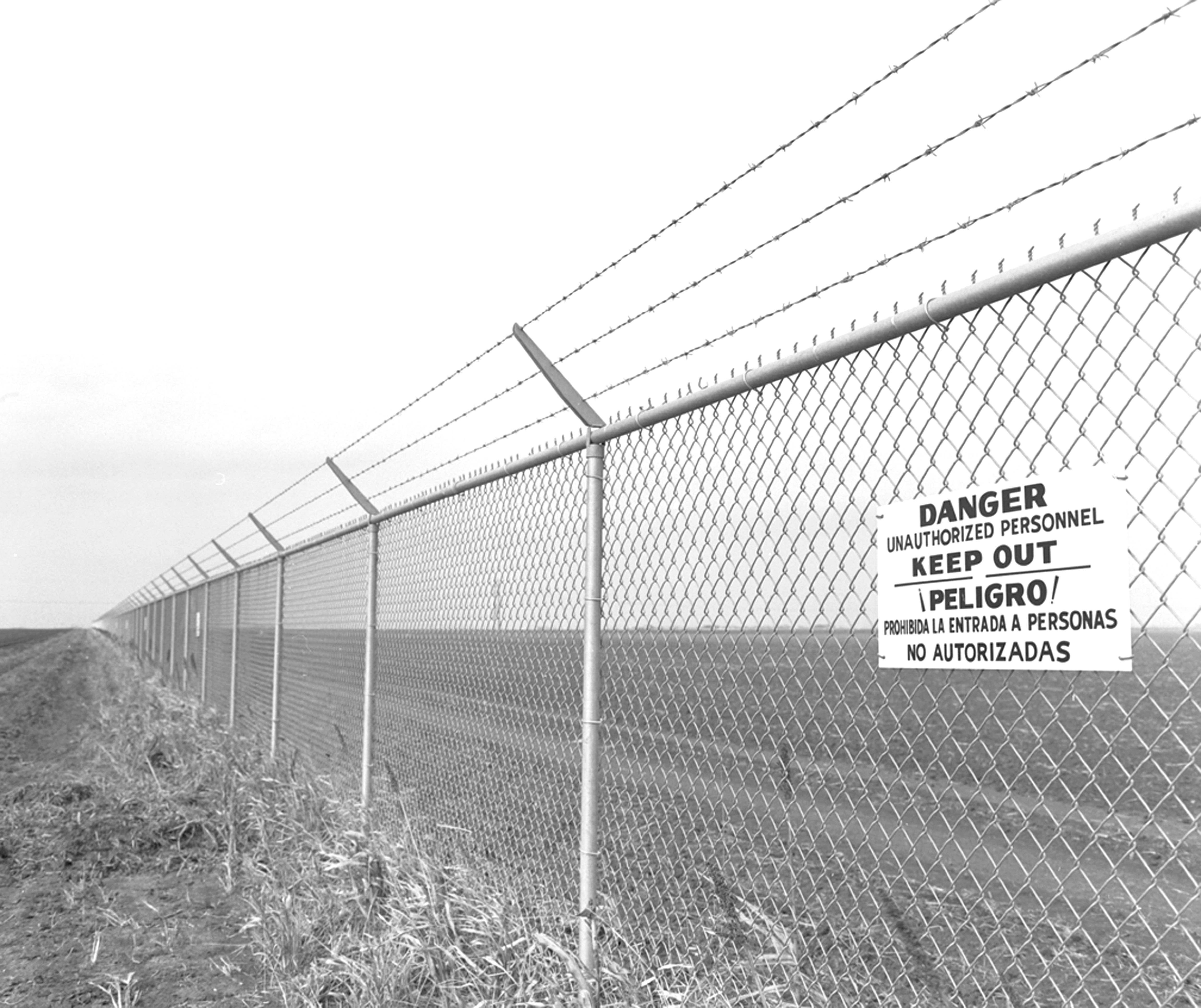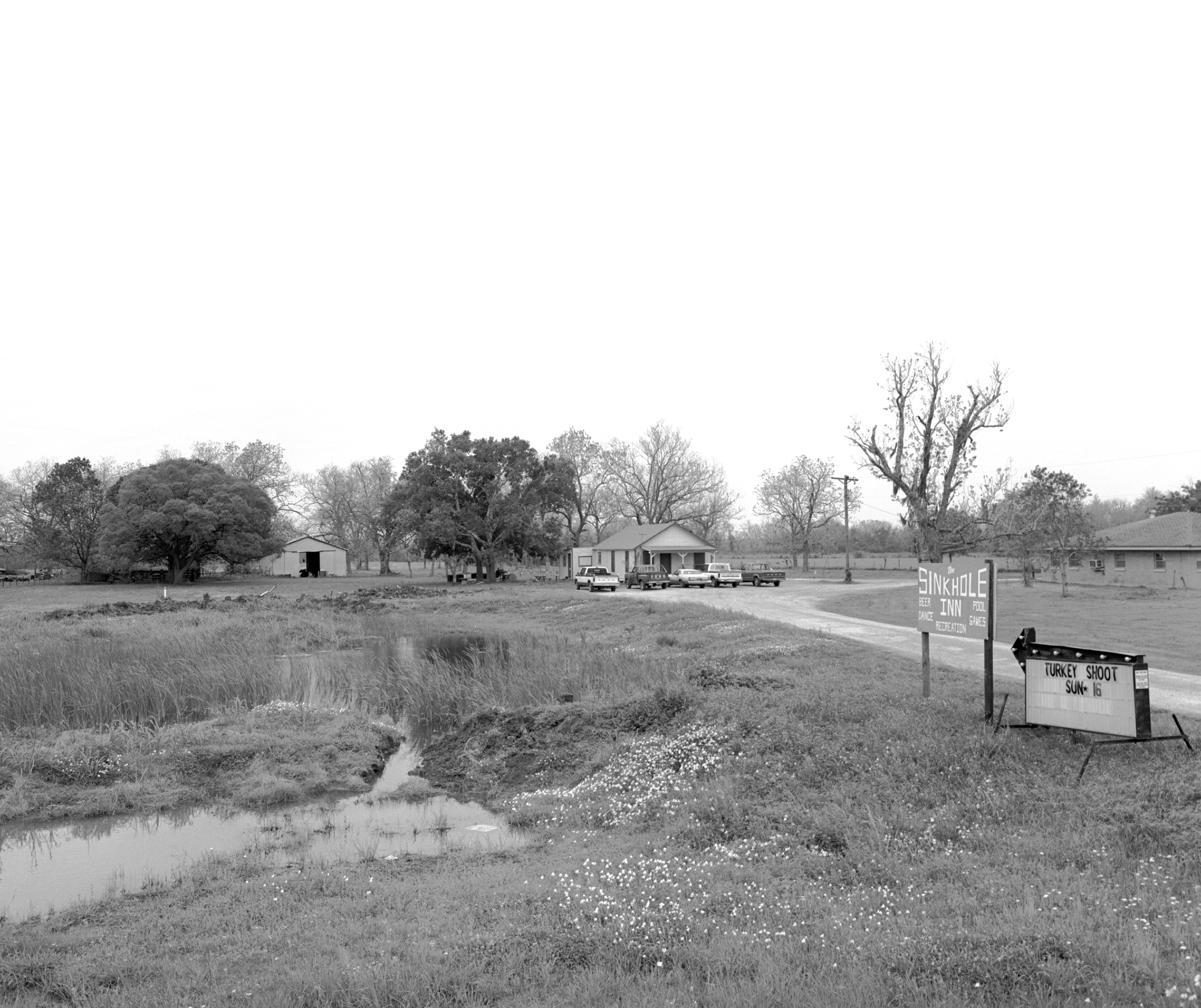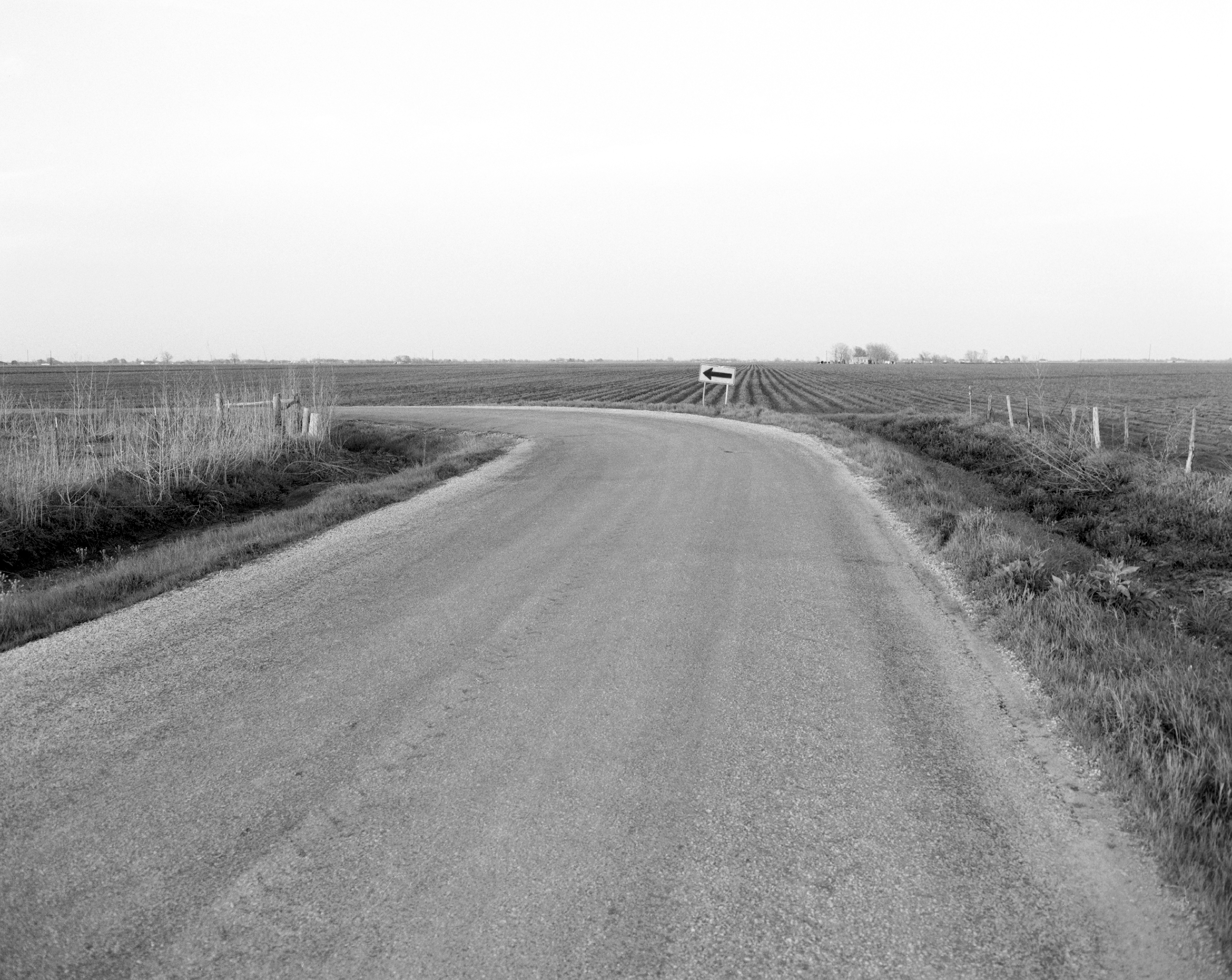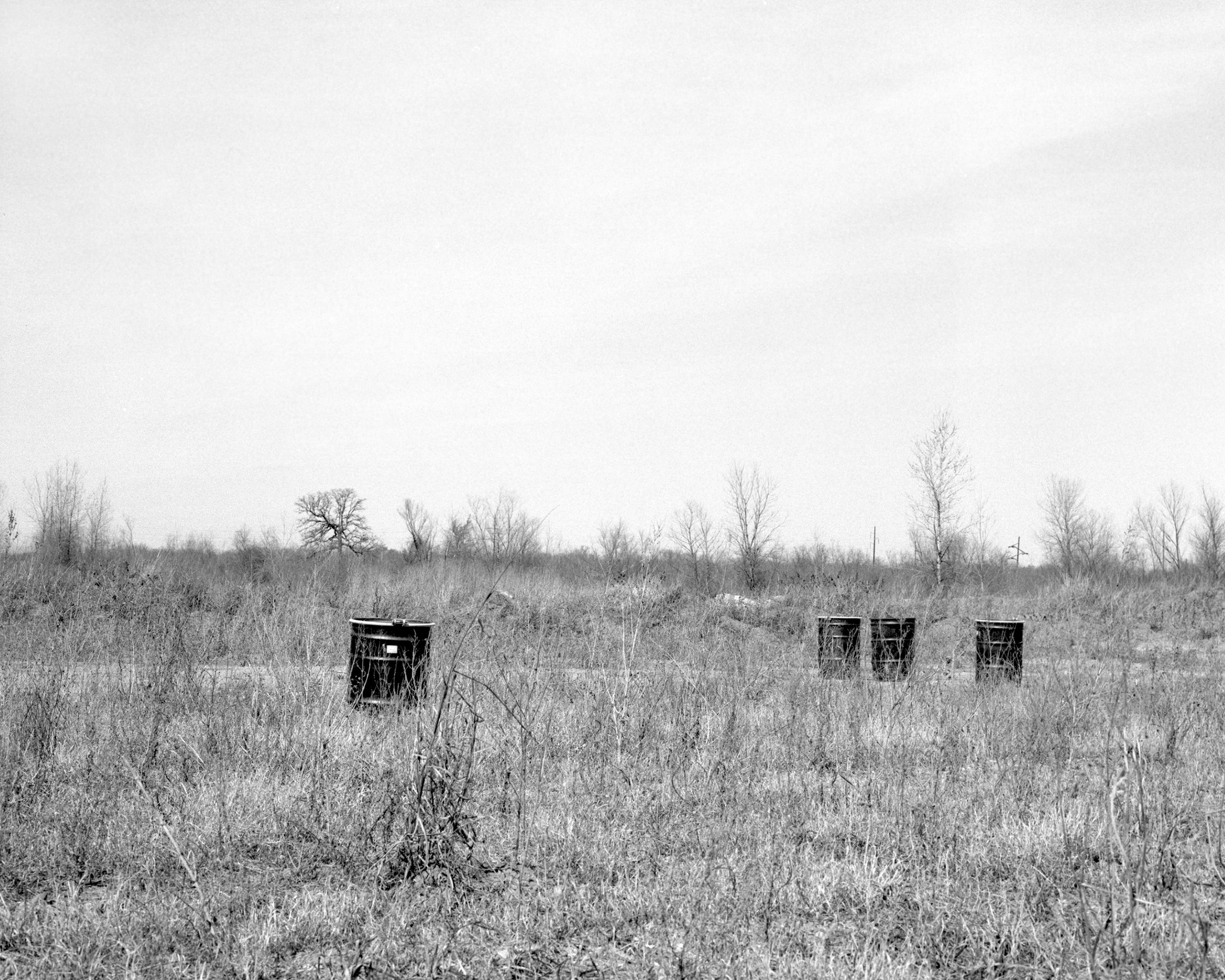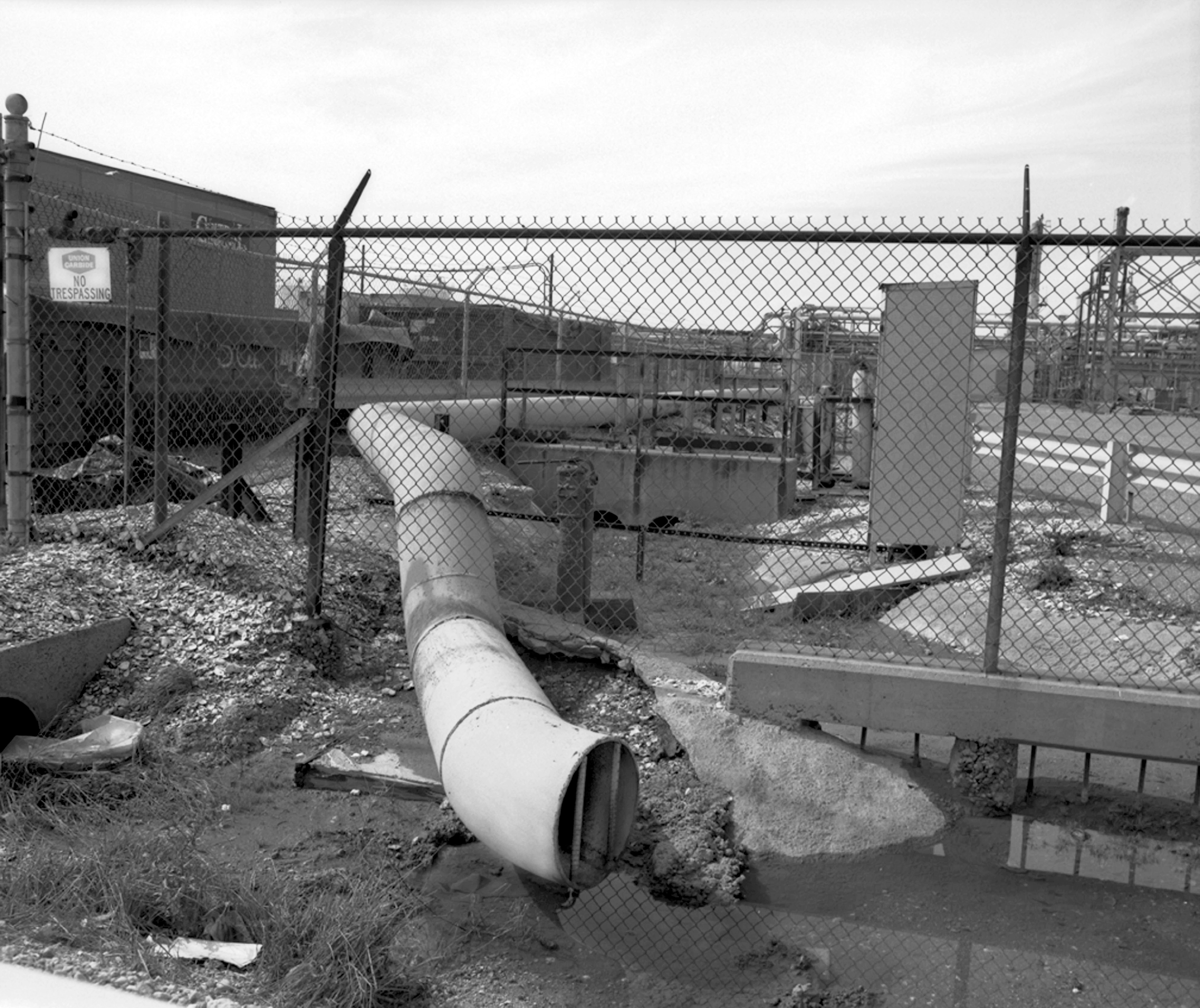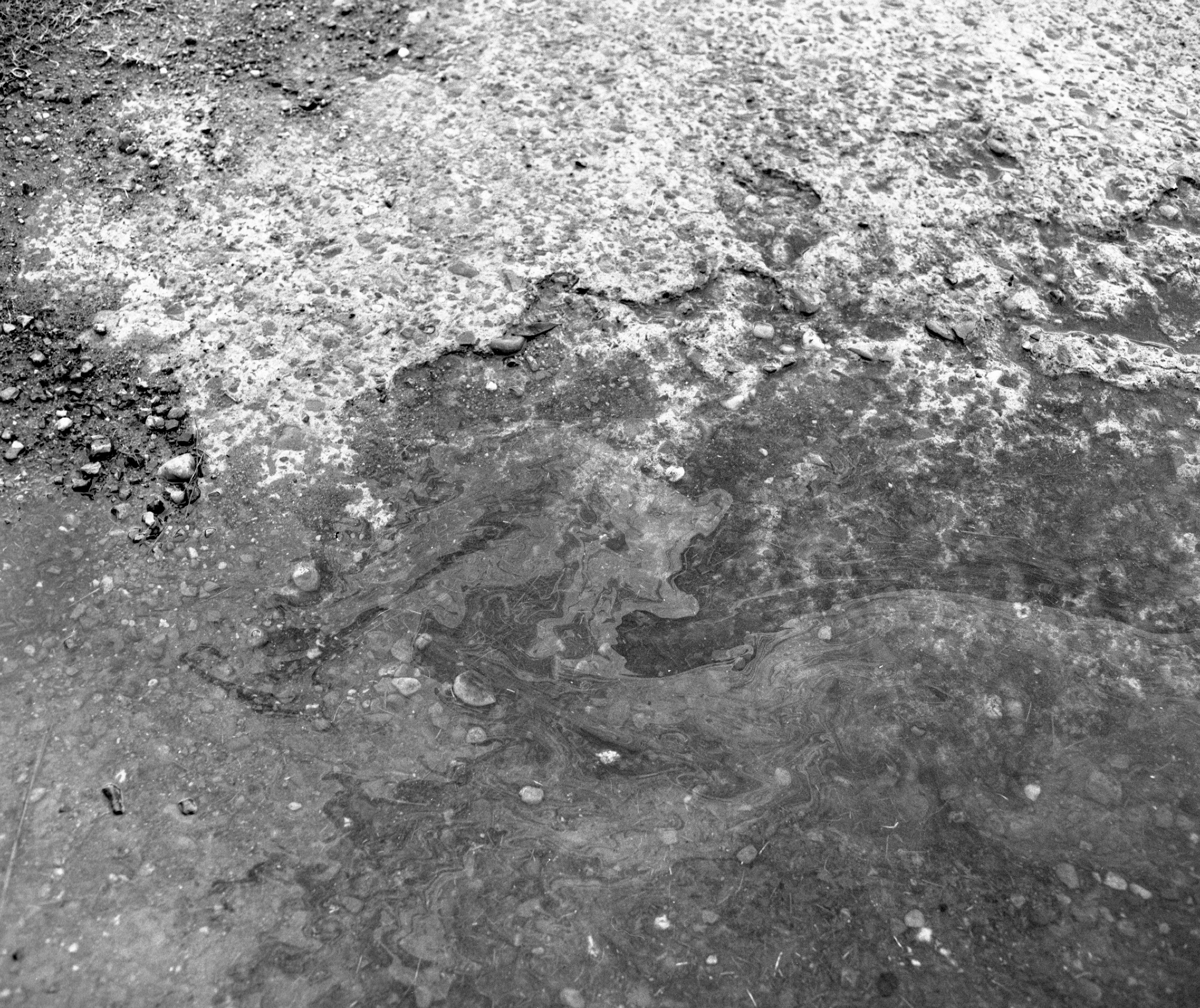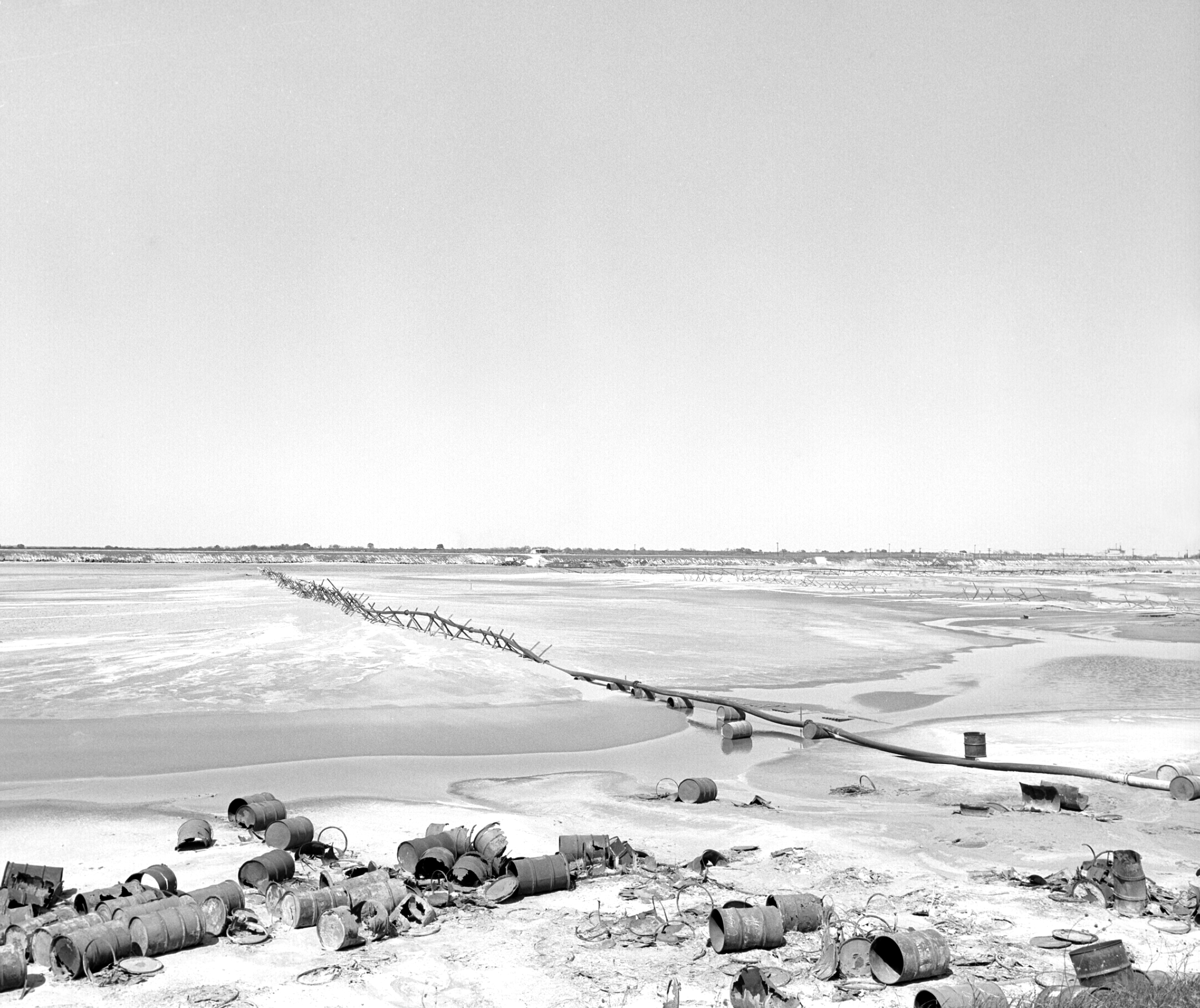Devour the Land: War and American Landscape Photography Since 1970 Harvard Art Museums Cambridge
Time Returns: A Continuous Now Everson Museum of Art Syracuse
The Edge of the Earth: Climate Change in Photography and Video Ryerson Image Center Toronto
Altered Landscape: Photographs in a Changing Environment Nevada Museum of Art Reno
Contemporary Women Photographers Museum of Fine Arts Houston
Toxic Tour of Texas Diverse Works Artspace Houston
The Country Between Us Massachusetts College of Art Boston
Landscape at Risk Houston Center for Photography Houston
Landscape, Culture, and Politics New Mexico State University Las Cruces
Legacy of Choices in a Technological Era Los Angeles Center for Photographic Studies Los Angeles
Arid Waters: Photos from the Water in the West Project University of Colorado Boulder
What Have We Done? Film in the Cities St. Paul
Shot in El Paso: Contemporary Photographers on the Border El Paso Museum of Art
The Altered Landscape: The Carol Franc Buck Collection Nevada Museum of Art Reno
Equal Justice film by NAACP
Shifting Landscapes SW Collection Special Collections Library Texas Tech University
Toxic Tour of Texas Texas General Land Office and Texas Photographic Society Austin
• • •

